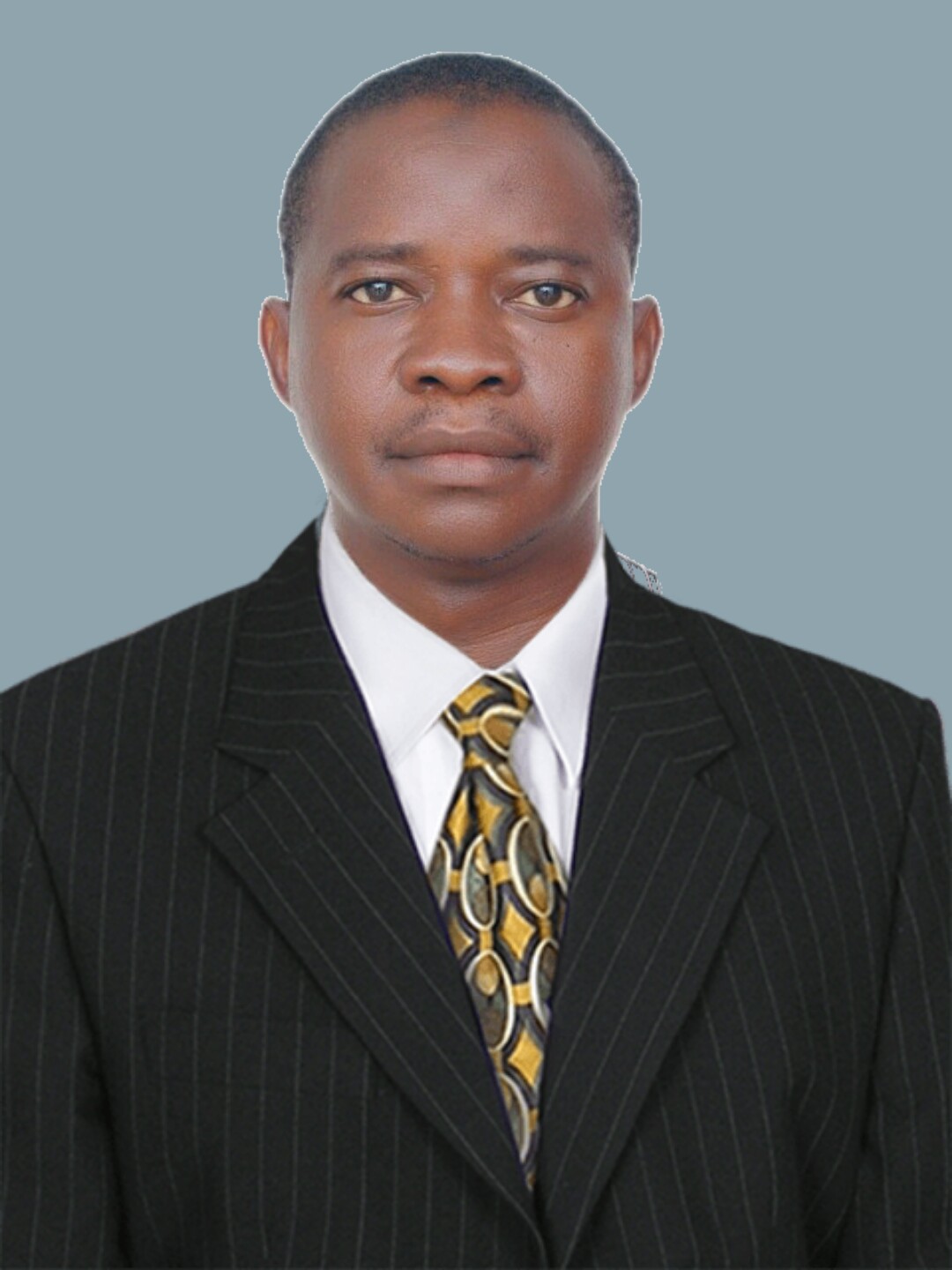By CrossRiverWatch Admin
Zeka Global Company Limited, a construction firm that undertook the construction of the Calabar-Odukpani dual carriageway, says claims that it received NGN42 billion for the project as false and baseless.
CrossRiverWatch, in some reportage, has quoted the said figure which a director with the construction firm, Engineer Ibrahim Adesina Tiamiyu, disclosed that the contract was not even half of the figure.
“It is completely false and mischievous to insinuate that the cost of the contract was N42 billion. The actual cost of the project was N17bn,” Tiamiyu said and offered insight into how the firm was engaged by the Cross River State Government.
“We came into the picture when other contractors were asking for cut-throat fees to handle the project, and the government could not muster that. What Zeka did for Cross River State was more or less a direct labor service, which went a long way in reducing the cost of constructing the road. The award or engagement letter issued to us was to function as a “Service Provider” under a direct labor arrangement with the state Infrastructure Company, Infra-Cross.
“It was on the basis of our rich profile that Zeka was engaged. In fact, some contractors had charged the government about N60bn before the immediate past governor had to look in our direction that we should come in as a service provider,” Tiamiyu said.
The director lamented that despite their diligence and commitment to the completion of the project, “we are yet to be fully paid. The company is still owed a balance of NGN2 billion. This is besides debts owed to the company from projects executed outside the dual carriageway for the state government.”
“It is unfortunate that the purveyors of the phantom NGN42 billion contract sums were less concerned about fact-checking with the relevant ministries and agencies of government before speculating on the contract sum.”
Located at 147 Ndidem Usang Iso Road, the company that began the construction in 2020 finally completed and delivered the project in 2023. The project has been mired in several controversies, which the firm and several State officials have now clarified.
On some portions of the road that have failed, Tiamiyu disclosed that, “normally in road construction, there is a period called defects liability period where the road is open to traffic during a six months period in order to observe its behavior. If there is a defect during the six-month period, the contractor returns to the site to fix or address whatever the defects are. So, it is not right to say the road has failed. In fact, it is mischievous to insinuate as such.
According to the director, there are a lot of factors that could have caused a road to fail. He clarified that “the portion of the road that gave way was later discovered to be sitting on shale materials. That was what caused that particular portion to give way. And with what we have noticed, we are waiting for the rains to cease so that we could return to the site to get it fix, despite that the shale materials we found was not captured in the Bill of Engineering Measurement and Evaluation (BEME).”
Corroborating Tiamiyu’s assertion, Permanent Secretary, Ministry of Works, Dr. Godwin Akeke; Director, Civil, Ministry of Works, Dr. Desmond Ewa, and Engineer Pius Okpa, Director, Inditek Partners and Consultant to the Cross River State Ministry of Works all agreed that “the issue on the portion of the road that gave way is not about the competence of Zeka as a company that handled the work. There were underlying issues that were not foreseen, such as underground seepage of water, the presence of amco pipes buried under the ground, and the prevalence of borrow pits. If these were not foreseen and were not part of the contractor’s design and schedule, the contractor would not handle them because they were not covered under the terms of engagement.”
“So, there will be a need for variation because he did not know that under-seepage was taking place there. Against this backdrop, the portion of the road was likely to give way. However, since it is still within the defects liability period, the contractor will go back to the site but with a variation in the contract.
“The issue of competence does not arise. People are making insinuations simply because it is an indigenous contractor, and they will do everything to discredit them.”
Tiamiyu, however, appealed: “We will greatly appreciate it if the government can pay us the outstanding balance of NGN2 billion due to the company to help quicken our return to the site to fix the failed portion.”
